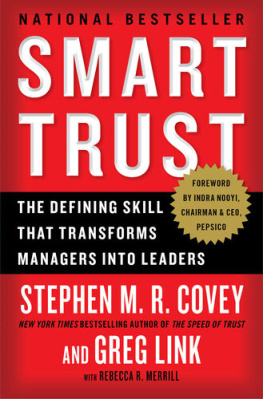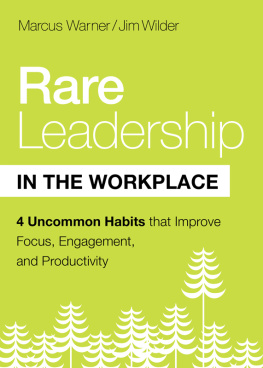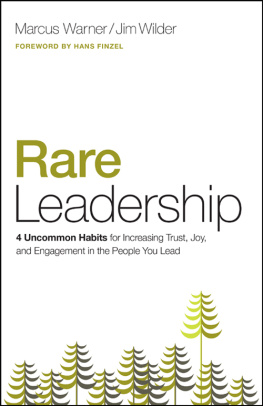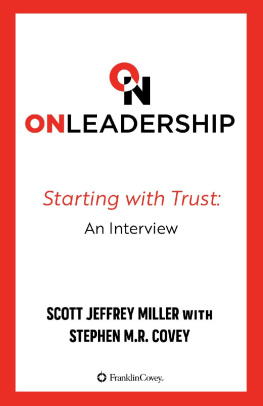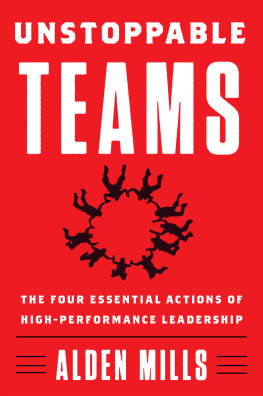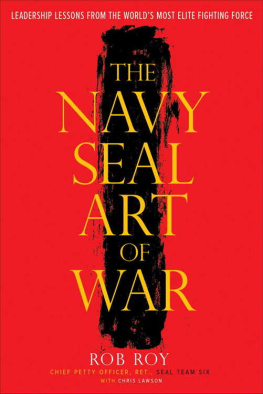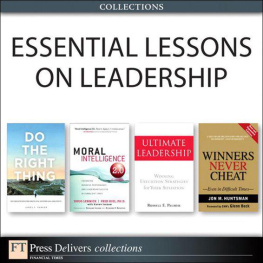Captain Mark Brouker, United States Navy (Retired), is a thought leader, sought-after keynote speaker, professor, historian, executive coach, and author. Recipient of numerous military and civilian leadership awards, he has served in an array of leadership positions, including fifteen years in the C-suite during and after his thirty-year Navy career. Captain Brouker served as commanding officer at one of the largest naval hospitals in the world. He also served as chief of staff for Navy Medicine West, responsible for ten hospitals spanning the West Coast to the Indian Ocean and health care for eight hundred thousand patients. In this position, he provided executive coaching for ten commanding officers.
After transitioning from the military, Dr. Brouker founded Brouker Leadership Solutions, a company passionate about helping leaders succeed on their leadership journey. Dr. Brouker has presented to thousands of professionals from diverse organizations in twenty-one countries on five continents, including an array of Fortune 500 companies, professional and military organizations, and top universities. His podcasts and blogs, as well as his TED talk, can be found at his company website, www.broukerleadershipsolutions.com.
Captain Brouker volunteers as an executive coach at the Honor Foundation, a nonprofit organization that helps U.S. Navy SEALs and other Special Operations Forces military personnel transition from the military environment to the corporate environment.
Captain Brouker lives in San Diego, California, with his wife, Kris. Married in 1983, they have three childrenShayna, Jake, and Katherineand one grandchild, Jonah, son of Shayna and their son-in-law Joe.
I would first and foremost like to thank my wife, Kris, for your willingness to give up your criminal justice career very early in our marriage so that I could embark on this great Navy adventure. Because of your sacrifices and support, we were able to fully enjoy the incredible journey together. We moved thirteen times, lived in seven different states and three foreign countries, and visited many other states and countries. Without your support, I would not have completed a thirty-year Navy career, would not have had the opportunity to lead at the levels I did, and would not have the experienceand storiesthat made this book possible. I thank you for your patience and understanding as I invested thousands of hours in the writing of this book. You helped me when I needed it and gave me the time to complete the project. On top of everything else, you spent countless hours editing and helping me to rewrite this manuscript. Thank you for unselfishly permitting me to pursue my professional passionsin the first thirty years of our marriage as a naval officer learning the art of leadership, and now as a professional speaker and author. I love you.
To my children, I thank you for your many sacrifices. My Navy career forced several moves, many times away from your friends. Like your mother, without your willingness to accept these sacrifices, my thirty-year Navy career, the opportunities to lead, and the experiences that made this book possible would not have happened. To Shayna, thank you for your encouragement to keep writing, especially when it was difficult to find the words. Thank you for doing an excellent job editing the manuscript. You have a beautiful gift for writing, and I encourage you to use it. You are an incredible mother, and both Kris and I love watching you grow in that role. To my son-in-law Joe, thank you for your honorable and unselfish service to our country, especially your two Army deployments into harms way. I also thank you for your help in editing this manuscript and for being a wonderful father. To Jake, your service to our country as a Navy weapons systems officer on the F-18 Hornet is an inspiration to me each and every day you wear the cloth of the nation. You are at the tip of the spear, and my pride for your service is immeasurable. To Katherine, many thanks for your encouragement to write this book. Your amazing leadership on and off the volleyball court, before, during, and after your college volleyball career, continues to fuel my passion and inspire me to learn of the leadership phenomenon. To all our children, our grandchild Jonah, and future grandchildren, I hope this book will help you take full advantage of your many God-given talents and help you live your dreams.
To my parents, whose love and guidance are with me in everything I pursue, you continue to be the ultimate role models. To my dad, whose Navy stories were the impetus for my original interest in the Navy, thank you for the gift of humor and storytelling and passion for history, all of which were essential in the writing of this book. You have the gift of lifelong learningyou continue to read and learn to this dayas well as a passion for exercise. I am blessed that you gave me these gifts. To my mom, without ever saying it but through the way you always treat others, you gave me the gift of always treating everyone with dignity and respect. I dont ever recall you speaking ill of another person. This specific behavior is a core element in this book. You also gave me the gift of fully enjoying life, of taking advantage of every opportunity that comes. This helped inspire me to write this book; it was an opportunity I was compelled to pursue. To my cousin, CWO3 Steve Brouker, who helped me understand what true leadership looked like and helped me decide to join the Navy.
To my development editor, Lindsay Newton, many thanks for a thousand small things and maybe a couple dozen larger ones that rehabilitated my first and second drafts into prime form. Youre an amazing editor and, more importantly, an absolute pleasure to work with. To my literary agent, Jeff Herman, many thanks for your wisdom and wise counsel. Im very fortunate to have you in my corner. To Lori Ames and Caitlyn Sullivan with ThePRFreelancer, Inc., your outstanding help in getting the word out regarding this book is very much appreciated. My thanks go out to the team at Rowman & Littlefieldyouve all been a pleasure to work with. To my friend, colleague, and shipmate Kurt Houser, many thanks for your tremendous feedback on the innumerable questions that arose during the writing of this book. To Dr. Shiloh Beckerley, many thanks for your help with analyzing the data that emerged from the studies conducted by the Mental Health Advisory Team.
To all the men and women of the U.S. Navy and our sister services who served with me during my years on active duty and who continue to work with me now, and especially to my shipmates at U.S. Naval Hospital Bremerton during my command tour, I want to thank you for being the inspiration and foundation for this book. I also want to thank my colleagues at the Honor Foundation. You have given me the incredible opportunity to get to know Navy SEALs and the U.S. Special Operations community and help these amazing warriors transition from their military careers. Their heartfelt stories of caring, service, and sacrifice helped forge my conviction that these are the virtues upon which true effective leadership is built.
Finally, I want to thank the U.S. Navy leaders who gave me innumerable opportunities to lead others. I hope this book helps future generations of Navy leaders, and all leaders, learn the art of leadership.
B elow are my top choices for books on leadership listed in alphabetical order by title. These books made the cut from the many that Ive read primarily because each had a profound impact on me, as well as a unique role in molding me as a leader.
THE 7 HABITS OF HIGHLY EFFECTIVE PEOPLE (STEPHEN COVEY)
This is an absolutely exceptional and timeless book. I was introduced to it while attending my first leadership development seminar as a very young naval officer. Although many years have passed since then, I still recall how it changed my life. Ive read it at least three times and still refer to it often. While all seven habits are important, and some are referenced in my book, the one that I believe helped me to be much more effective in all roleshusband, father, son, brother, friend, and, of course, naval officerwas begin with the end in mind. In this chapter, Covey wisely asks the reader to envision attending their own funeral and imagining what the different speakers would say. It was a provocative exercise for me. This chapter helped me as I wrestled with the work-life balance conundrum.


